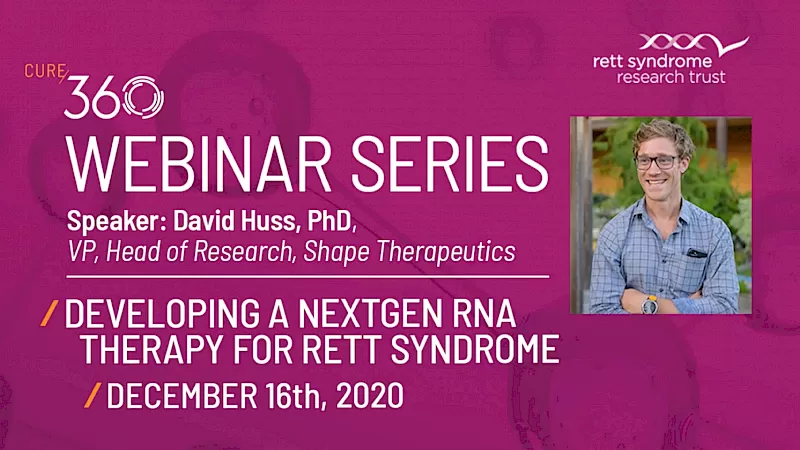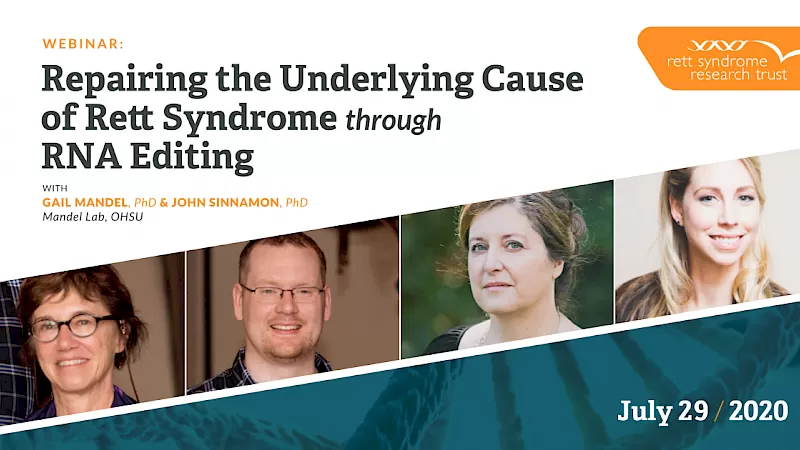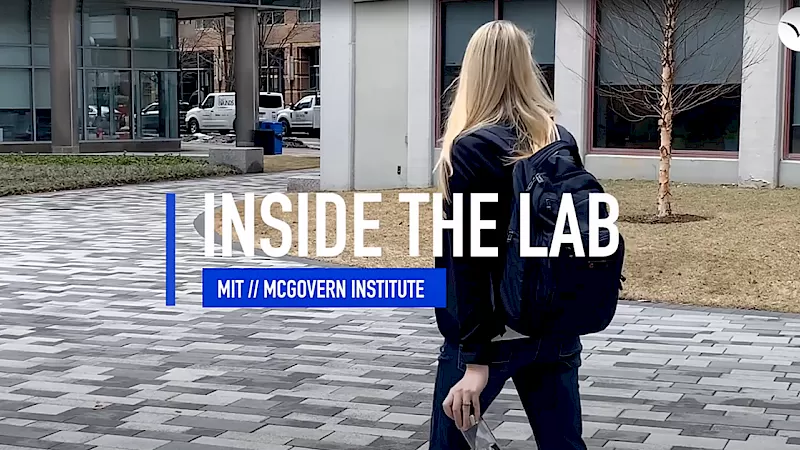RNA Editing
RSRT’s recruitment and funding of key academics has put RNA editing on the map for Rett syndrome.
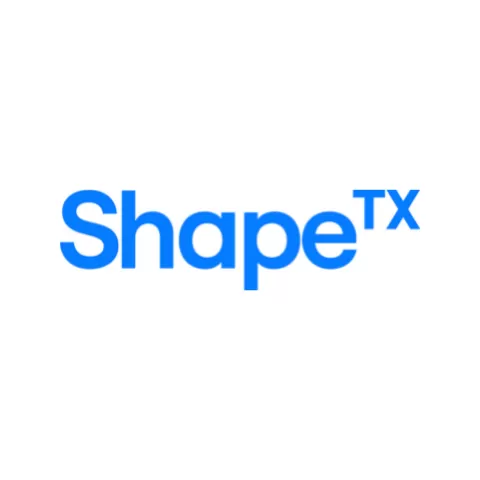
Shape Therapeutics
Shape Therapeutics, a biotech based in Seattle that launched in 2019, has developed a proprietary RNAfix technology that can precisely target a point or nonsense mutation. In mid-2020, Shape announced a Rett syndrome program. RSRT contributed to Shape’s decision by providing a number of resources, including our induced pluripotent stem cell lines (iPSC) with specific MECP2 mutations.
RSRT's Partnership with Shape
- Pioneering research by the Mandel lab funded by millions of dollars from RSRT made RNA editing a realistic approach to pursue.
- Access to RSRT’s biorepository of Rett cell lines enabled Shape to make Rett their lead program.
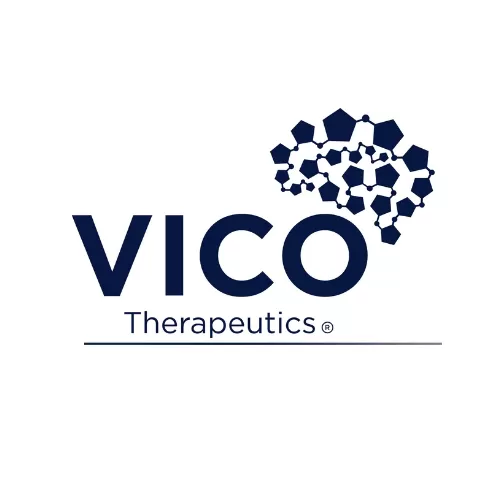
Vico Therapeutics
Vico Therapeutics, a biotech based in the Netherlands and founded in 2019 by Dr. Gail Mandel, is focused on rare neurological disorders. Vico’s therapeutic strategy is based on recruiting naturally occurring enzymes in cells that are capable of editing RNA.
RSRT's Partnership with Vico
- Dr. Gail Mandel, the scientific founder of Vico, pioneered RNA editing for Rett syndrome with substantial funding from RSRT.
- Access to RSRT’s biorepository of Rett cell lines further enabled this research.
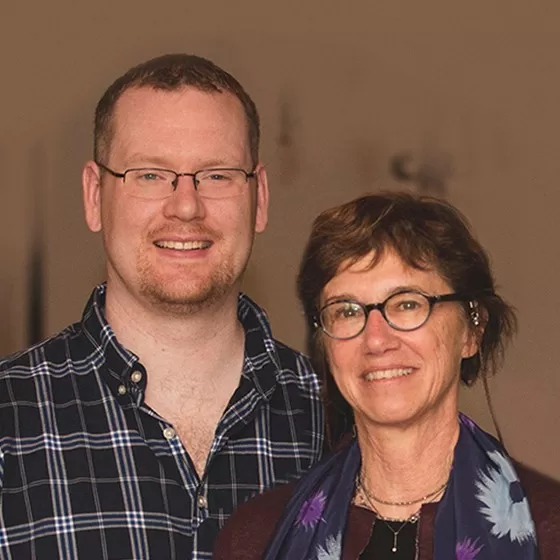
The Lab of Gail Mandel, PhD
Gail Mandel, PhD, and post-doctoral fellow, Dr. John Sinnamon, PhD, funded through RSRT’s MECP2 Consortium, were the first to pursue RNA editing for Rett. They are introducing their own version of ADAR, a super editor with increased specificity. This therapeutic approach would be a one-and-done intervention.
The Mandel lab has successfully edited and corrected the RNA in brain cells in Rett mice to successfully generate normal MECP2 protein at levels that are very encouraging. They are now administering the RNA editing treatment to Rett mice to see if their symptoms are alleviated.
Encouraging progress by the RSRT-funded Mandel lab catalyzed the launch in late 2019 of Vico Therapeutics. Dr. Mandel is a scientific founder of the company and a champion for the Rett program.

UC Davis
Peter Beal, PhD, is a world expert in RNA editing and understanding of ADAR biology. Rather than introducing ADAR into the cell, his approach recruits ADAR that is already in the cell. This particular approach would eventually lead to an intervention that requires dosing an individual with Rett on a regular basis. The advantage of multiple dosing is that it allows for timing and titration of the dose to be tailored to each patient in a precise way.

MIT
Guoping Feng, PhD, is a distinguished neuroscientist who has significantly advanced the field of neurodevelopmental and psychiatric disorders through his work in deciphering how neurons communicate with each other. Now, he and his esteemed colleagues are also focused on Rett syndrome. He is leading a world-class group of investigators that includes Feng Zhang, PhD, one of the discoverers of CRISPR. The goal is to develop therapeutics that can edit RNA and fix MECP2 mutations via a one-time injection.
The investigators are taking on the bold challenge of discovering an enzyme that can fix a critical error in RNA but has yet to be identified.

University of Massachusetts Medical School
Another group, including Jonathan Watts, PhD, Erik Sontheimer, PhD, Scot Wolfe, PhD, and Anastasia Khvorava, PhD, are working on both RNA editing as well as DNA editing. The RNA editing project will optimize RNA editing guides for use by the naturally occurring RNA editor, ADAR. Optimizing the guide RNA is important to maximize the number of mutant MECP2 RNA molecules that are corrected, which will then increase the level of corrected MECP2 protein and ensure the guide RNA does not cause negative effects. In order to deliver the RNA guide cargoes to cells in the brain, they are also working on developing a novel delivery system that doesn’t rely on a virus.
Importantly, this group, along with Dr. Guoping Feng, recently received a sizable NIH grant from the Somatic Cell Genome Editing program that will expand their platform. RSRT funding will leverage this investment and facilitate applying the learnings specifically to Rett syndrome.

